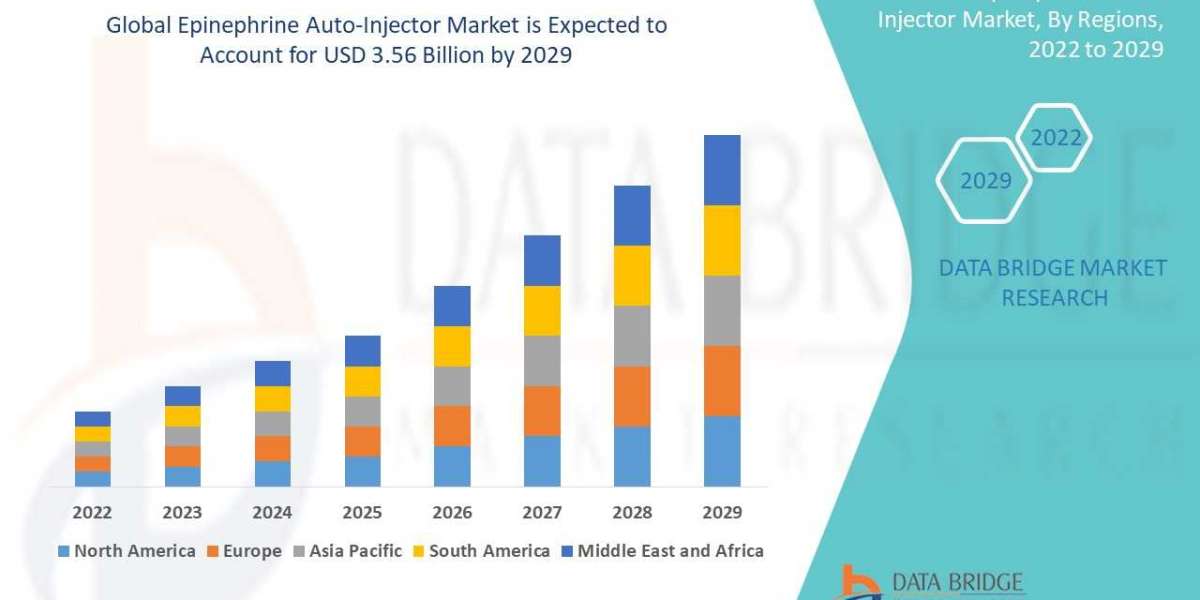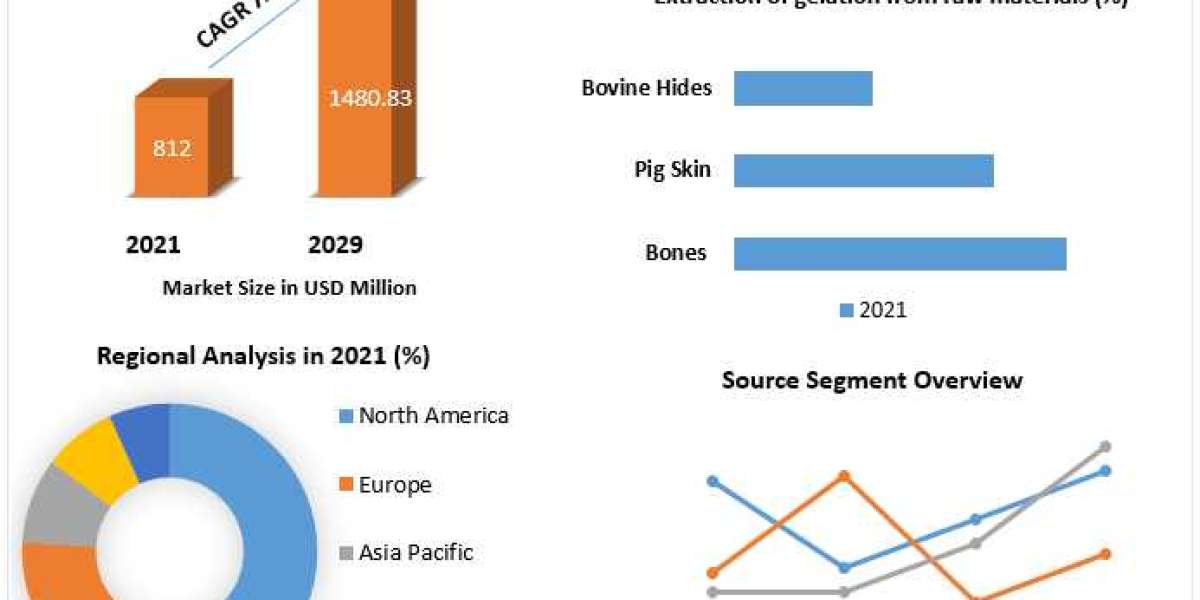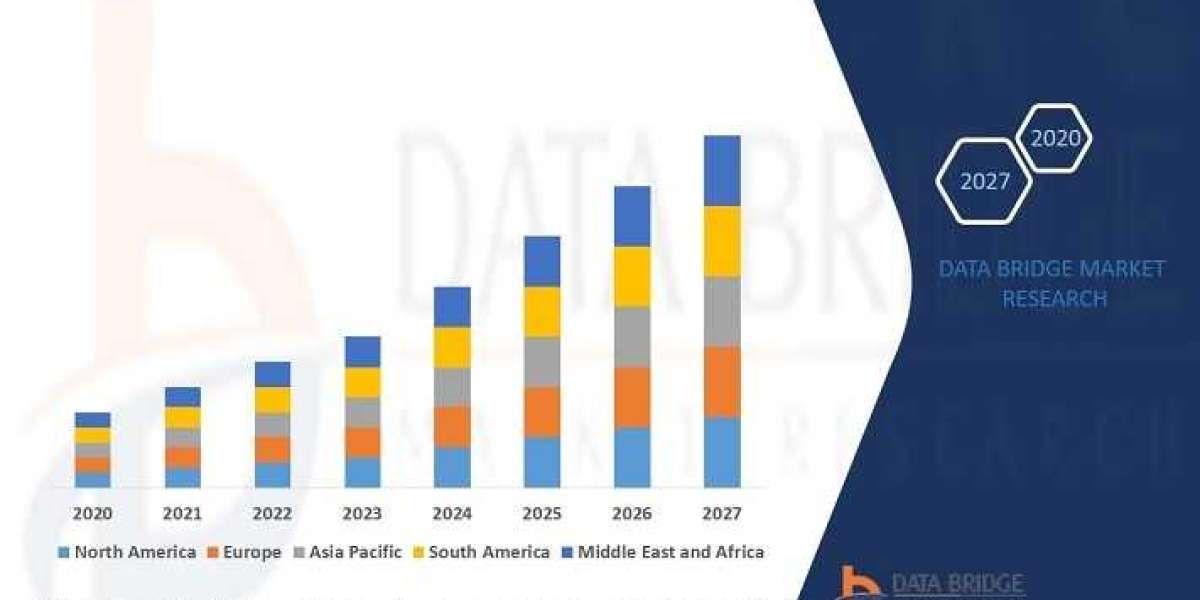Artificial Intelligence (AI) has transformed countless industries, and the security sector is no exception. From surveillance systems to predictive analytics, AI’s role in enhancing security is undeniable. Many security guards companies now utilize AI-driven tools to boost efficiency, reduce risks, and optimize manpower. However, this widespread adoption of AI in security raises important questions about privacy. Is AI truly a boon to security, or does it compromise the personal freedoms of those it’s meant to protect?
How AI is Changing Security
AI is being used in various ways to make security smarter and more responsive. Advanced AI-driven technologies can recognize suspicious activities, detect threats before they occur, and respond faster than human guards alone. Security cameras with facial recognition, for example, can identify known offenders or even predict criminal activities. This transformation in the security sector saves time and allows human guards to focus on higher-priority tasks, making workplaces, public spaces, and homes safer.
The Advantages of AI in Security Services
Improved Surveillance and Monitoring
AI-based surveillance systems can analyze live video feeds in real-time, helping security personnel monitor large areas more effectively. These systems don’t tire or lose focus, and they can detect unusual activities with a high degree of accuracy. When a potential threat is identified, AI can alert human guards, who then respond accordingly.
Predictive Analytics for Preventing Crimes
One of the most powerful aspects of AI in security is predictive analytics. By analyzing data from past incidents, AI systems can identify patterns and forecast potential risks. For example, in places like shopping malls or airports, AI algorithms can assess visitor behavior and alert staff to unusual patterns that might indicate a security threat. This allows organizations to prevent incidents before they happen, adding a proactive layer to traditional security measures.
The Privacy Concerns
Increased Surveillance and Data Collection
The use of AI inevitably involves large-scale data collection, often from surveillance cameras or online activity. This can lead to concerns about constant monitoring and invasion of privacy, as people are tracked and recorded without consent. With this technology, security providers can gather detailed information about individuals’ behavior, locations, and routines, which may feel intrusive.
Facial Recognition and Privacy Risks
One of the most controversial uses of AI in security is facial recognition. This technology can be extremely helpful for identifying individuals, but it also has significant privacy implications. People often worry about being constantly scanned and identified, even in public spaces, where they previously felt anonymous. In a city like Dubai, for example, concierge dubai and high-end facilities might integrate facial recognition to enhance security, raising questions about data protection and misuse.
How Companies Are Balancing Security and Privacy
Implementing Data Protection Policies
To address privacy concerns, many companies are developing data protection policies to manage and store AI-collected information responsibly. This includes limiting access to personal data, using encryption, and anonymizing sensitive data. Security firms that use AI often work within strict privacy guidelines to ensure that data is used solely for security purposes and not shared without permission.
Transparent Usage of AI Technologies
Transparency is key to building public trust in AI-driven security. Companies should communicate clearly about how and why AI technologies are used, reassuring people that AI enhances safety without compromising privacy. For instance, businesses that use AI for security should provide visible notices informing the public about surveillance cameras and data usage policies.
Is AI a Boon or Risk to Privacy?
The answer depends largely on how AI is implemented and regulated. On one hand, AI provides significant safety benefits, especially in large-scale operations and public areas. On the other, unchecked AI surveillance could undermine individuals’ right to privacy, turning public spaces into places of constant monitoring.
Final Thoughts
The rise of AI in security services presents both incredible opportunities and genuine privacy challenges. To harness the benefits without infringing on personal freedoms, companies and governments need to adopt a balanced approach that prioritizes transparency and strict data privacy policies. By doing so, AI can serve as a powerful tool in security while safeguarding the privacy rights of individuals.
In the end, AI in security can be a boon if used responsibly and ethically. The key lies in ensuring that technological advancements respect personal privacy rights, making both safety and privacy attainable.


